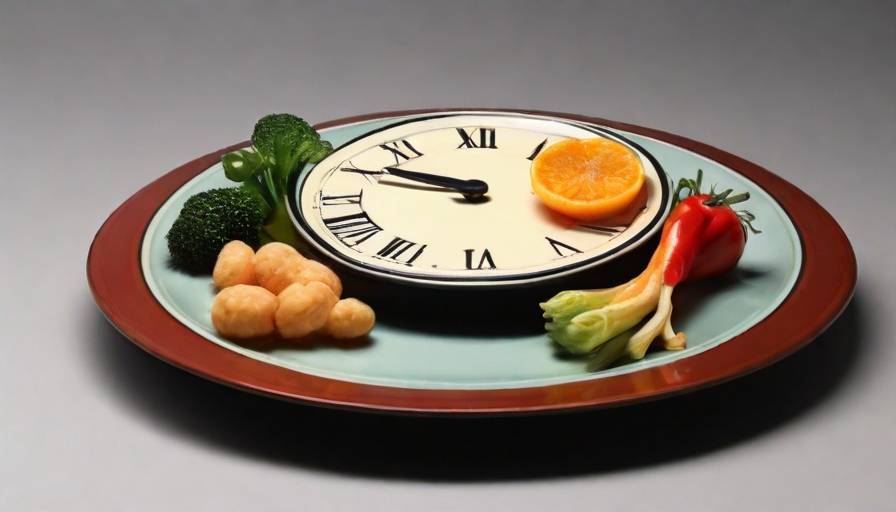Breaking News for Couples Trying to Conceive (TTC): Your and your partner’s nutritional health in the months leading up to pregnancy can significantly impact the quality of your eggs and sperm.
According to Clinical Dietitian Associate Professor Claire Pettitt from the Singapore Institute of Technology Health and Sciences Cluster, “It takes approximately two months for sperm to develop and mature. For a woman’s egg to mature before ovulation, it takes about three months.”
The ripple effect of good nutrition: Sperm and egg quality directly affect conception.
Why Nutrition Matters When Trying to Conceive
Your pre-conception diet influences your body weight and health conditions, which can negatively affect fertility.
These conditions vary widely, but common ones include diabetes, eating disorders, celiac disease, and polycystic ovary syndrome (PCOS).
Women with pre-existing conditions aiming to conceive can benefit from dietary support.
For instance, in the case of celiac disease—a condition where the immune system attacks the body’s tissues upon gluten consumption—Assoc Prof Pettitt explained, “Untreated celiac disease can lead to nutrient malabsorption, resulting in deficiencies like iron, vitamin B12, and folate, crucial for reproductive health.”
Nutritional Assessment – An Insightful Tool
Assoc Prof Pettitt and a team of dietitians from the UK recently developed an assessment tool to aid in pre-conception health.
Drawing from their clinical experience with women undergoing IVF and those actively trying to conceive, Assoc Prof Pettitt noted the need for an assessment tool tailored to pre-conception health.
This quiz evaluates nutrition needs, lifestyle factors, and habits, crucial for women TTC, whether self-administered or guided by a healthcare professional. It covers lifestyle habits, medical history, existing health conditions, and nutrition.
“We aimed to create an easy-to-administer tool based on the latest scientific evidence, helping individuals identify potential dietary changes and connect with nutrition professionals such as dietitians,” Assoc Prof Pettitt said.
While much research remains observational rather than interventional, identifying trends or potential links between dietary factors and fertility informs their approach.
“In an ideal scenario, every couple planning to conceive should consult a fertility dietitian due to their unique circumstances, lifestyle, dietary habits, and health concerns. Tailored nutritional advice is crucial,” she emphasized.
Choosing the Right Foods for Fertility
Evidence suggests that health, diet, and lifestyle choices three to six months before attempting conception significantly impact chances of conception, egg and sperm health, pregnancy outcomes, and child health, alongside genetics, existing health conditions, and age.
Research indicates that dietary adjustments can positively influence fertility.
Including folic acid, Vitamin B12, and Omega-3 fatty acids in your diet benefits couples trying to conceive without assisted reproductive technologies.
Additionally, adopting a Mediterranean diet enhances fertility, supporting weight management, heart health, and cognitive function.
This diet emphasizes fish, seafood, fresh vegetables, whole grains, legumes, and fruits, while limiting red meat, added sugars, refined oils, and processed foods like soda. Healthy fats come from olive oil, nuts, and seeds.
Studies link the Mediterranean diet to improved sperm count, concentration, motility in men, and higher chances of clinical pregnancy and successful live births in women under 35.
Recent American Heart Association research suggests this diet may reduce preeclampsia risk in pregnant women.
What Lies Ahead for Fertility Nutrition?
Assoc Prof Pettitt aims to further develop and validate the assessment tool for broader use.
This tool could serve as a benchmark in fertility clinics and obstetrics and gynecology practices, guiding women from the initial stages of conception.
Efforts are underway to officially test and validate the assessment tool for Singapore’s Ministry of Health.
Locally, reducing sugar intake remains a challenge in Asian diets. Assoc Prof Pettitt advises couples aiming to conceive to minimize sugary drinks, desserts, and confectioneries.
“The earlier couples begin considering dietary and lifestyle changes, the better. Starting six months before conception allows time to establish habits optimizing egg and sperm health,” she recommended.









